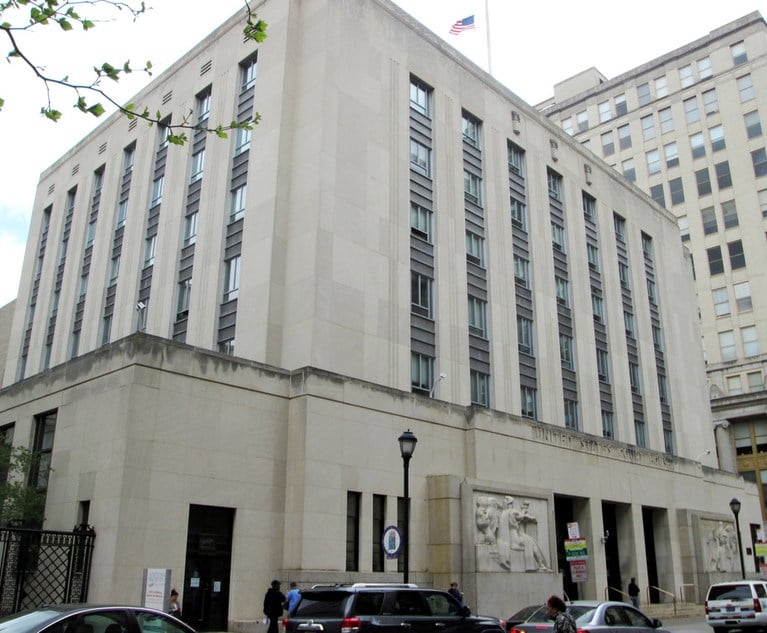The Federal Trade Commission’s Rule of 1979 governs the offer and sale of franchises. The intent of the rule is to require a franchisor to give every prospective franchise buyer a uniform written disclosure containing the essential information about the franchise offering. This written document is called a franchise disclosure statement or an FDD for short. What if the information required by the FTC rule is inaccurate or incomplete? Or perhaps it was important information to the purchaser, but not required to be disclosed under the rule, and may have also been wildly inaccurate or misleading. When is such information actionable?
Among the information required is the background and history of the franchisor and its key personnel, including relevant litigation and bankruptcy history, information about initial investment and fees to be paid to operate, the identification of the quality of the trademarks, and balance sheets and income statements of the franchise company. This information is contained in the franchise disclosure document, which has exhibits of the names, addresses and telephone numbers of the franchisees and statistical information about the number and location of the franchises. The purpose of providing franchisee contact information is to allow the prospect to call or visit the franchisees to learn of their experience. What if the list is inaccurate, not disclosed or the franchisees do not really exist? Could a dishonest franchise seller really fabricate a list of franchisees in its system, and why would they do that?


 Craig Tractenberg of Fox Rothschild.
Craig Tractenberg of Fox Rothschild.




